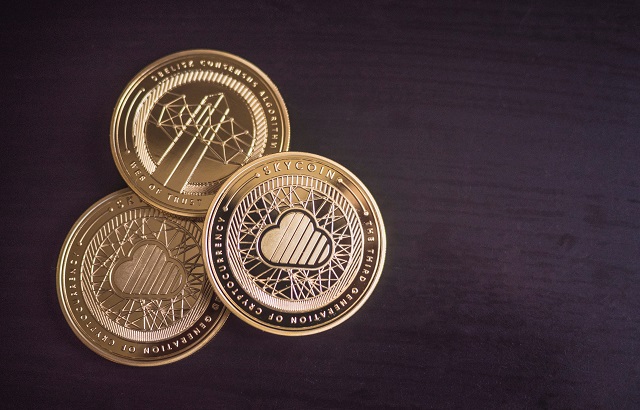Cryptocurrencies became a global phenomenon during 2017 with Bitcoin reaching heights of $20,000 (£16,025, €18,090) before dropping rapidly in value, however its long-term success is splitting public opinion.
Dutch banking group ING released its seventh international survey on technologies, which assessed the views of 1,000 investors in the UK.
It found that 79% of respondents knew at least a little about cryptocurrency (identifying at least one out of five true or false statements correctly).
Among this group, opinions are divided as a third (32%) had high expectations for it, just ahead of the 28% with low expectations, while a fifth (21%) said that crypto is the future of online spending.
These stats may be UK-focused, but it indicates how global investors may view the world of cryptocurrencies.
No excitement
There are still wide levels of confusion in the UK about how cryptocurrencies actually work.
The majority (69%) of people understood that crypto is a form of digital currency, but an equal number (68%) either incorrectly thought that it is controlled by a central body or said they did not know who regulated it.
Jessica Exton, behavioural scientist at ING, said: “People aren’t clamouring to understand the details of how cryptocurrencies work, or even what they are. But whether we would pick it up if it proved useful remains open to debate.
“We see some country differences in how people are learning about cryptocurrencies and while smaller groups in the UK agree cryptocurrencies are the future of spending online, relatively few of us are actively sourcing information about them, such as through searching online.
“More knowledge doesn’t always lead to higher expectations of the future relevance of cryptocurrencies through, indicating many factors are at play.
“While small groups are enthusiastic about their future use of cryptocurrencies, every day relevance and demonstrated benefits will be key to turning the crypto curiosity [..] into a true money revolution.”
Want for cash
Cryptocurrencies have become a big part of the financial world for some, especially the international finance centres like the Isle of Man and Malta, both looking to claim the number one spot for dealing with the digital asset.
In addition, social media platform Facebook recently announced it was to unveil its own cryptocurrency called Libra in 2020.
But most people are not yet ready to embrace it fully.
Only a fifth (20%) of UK respondents would prefer it if cash no longer existed, while just 19% responded positively about both the anticipated use of it alongside cash.
Some 21% said they are open to receiving cryptocurrency offerings from brands and bodies they are familiar with, agreeing that banks should offer current accounts in crypto.
Teunis Brosens, lead economist for digital finance and regulation at ING, said: “If cryptocurrencies are to become mainstream, technical improvements are needed. But to gain trust and acceptance beyond a core group of enthusiasts, affiliation with existing well-known brands would help.
“In short, cryptocurrency would need to present itself to potential users from within the existing financial framework, instead of placing itself outside.”








